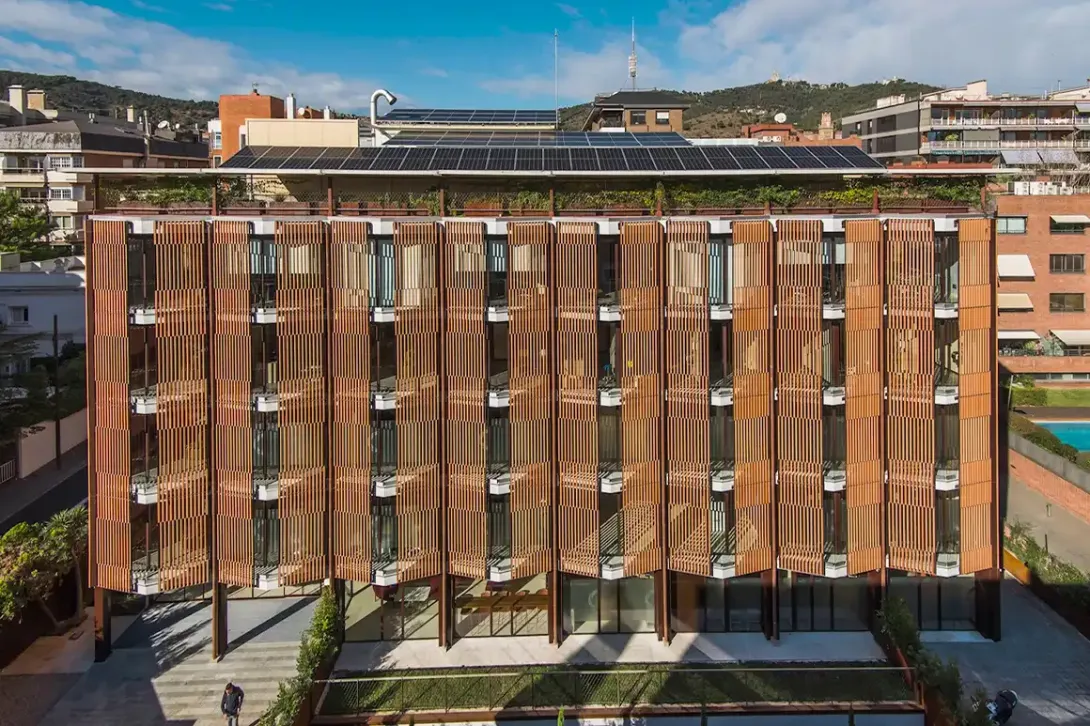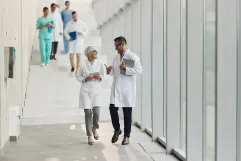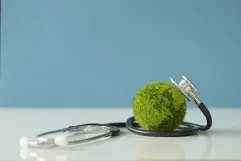
In search of energy efficiency
The ASISA Group has developed different initiatives in line with the United Nations Sustainable Development Goals, ranging from the use of clean energies to the reuse and donation of their equipment.
Increasingly more companies and organisations in the healthcare sector consider the subjects related to energy efficiency and commitment to the planet as crucial questions in their executive plans. This is the case of the ASISA Group, which – as explained by their Assistant Sustainability Manager, Lorena Tirados has opted for tackling the guarantee of the consumption and sustainable production as one of the company’s main goals.
“For us,” Tirados explains, “sustainability is a truly structuring element, because it generates an obvious impact on people’s health. It also helps to create synergies, even within the company itself and can become an important driver in all the areas.”
At present, they have achieved “100% of the ASISA hospital network uses renewable energy sources. In addition, we have solar panels on 14 healthcare centres and we have recently carried out an exhaustive monitoring project of water and gas consumption and the working of the boilers, to detect deficiencies and to introduce elements of energy improvement, such as the replacement by geothermal heating systems.” The implementation of several new steps last year allowed them to reduce their CO2 eq to the atmosphere by 4,436 tonnes and they managed a 4.9% increase in the use of electricity from renewable sources.
Likewise, they have a well-structured waste management plan that goes beyond the present year and that seeks to lengthen the service life of all the products that they have to acquire. At present, they have managed to reduce non-hazardous waste by 36%; hazardous waste by 31% and healthcare waste by 12%.
They have also managed to decrease their water consumption by 2.1%, including the dental clinic network. They are also working to reuse the waste as raw material or to convert it into forms of energy such as biodiesel (as they do with the cooking oil or biodegradable cardboard.)
A comprehensive view of sustainability
ASISA’s circular economy plan covers different ideas, such as reuse and recycling. In Tirados' words, “we give great importance to the responsibility throughout the supply chain. In such a way that we ask our suppliers to take charge of ensuring a second life for the machinery that we no longer need, or we ourselves take charge of recycling it. We even try to rehome the furnishings, donating them, for example, to non-profit making associations.”
They are also promoting the electrification of their vehicles and the use of more environmentally-friendly travel means, such as trains, for employee travel.
“Our plan,” Tirados explains, “is to be carbon neutral in range 1 and 2 for 2025.” And she adds “Our commitment to sustainability includes a long-term outlook. We are a company with over half a century of history; therefore we are used to planning actions that we will bring into being in the years to come.”
For this reason, they have not hesitated to start up initiatives on different fronts, such as for example, the construction of more efficient buildings, the control of fossil fuels, the implantation of more efficient cooling systems and insulation, the investment in technological tools, the reuse and donation of medical technology, furnishings or computing equipment, the digital transformation (to reduce paper consumption), the substitution of single-use plastic or the incorporation of led lighting in their many installations.



